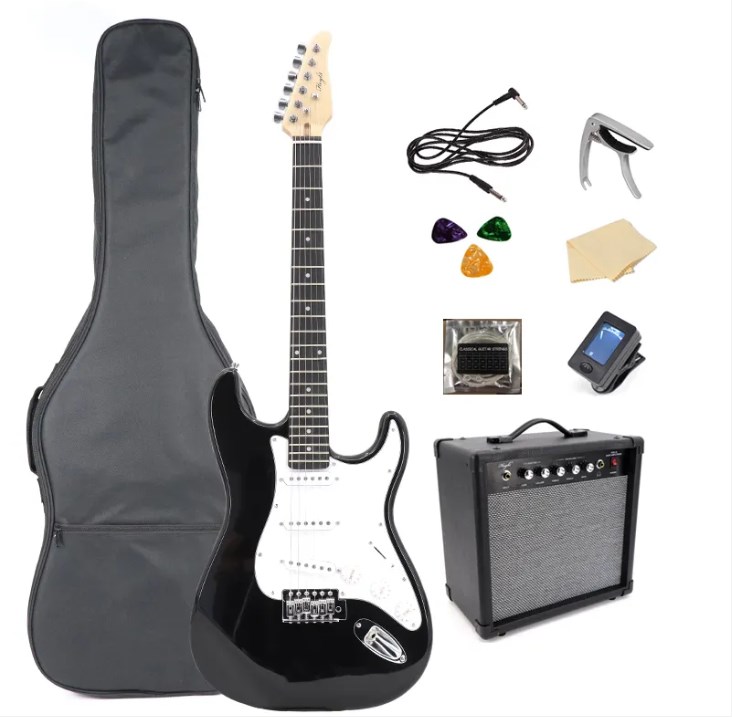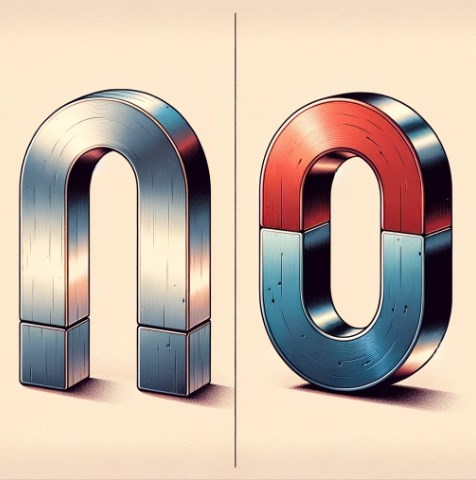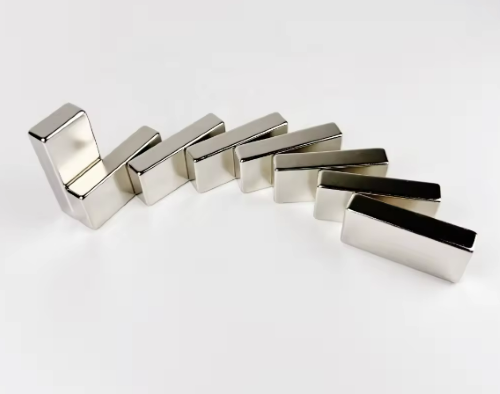Industrial Applications of Permanent Magnets
When people hear the word magnets, their minds readily go to a small material that attracts other materials to itself. Magnets are used in our everyday life quite ubiquitously. You must have noticed how an embedded magnet enables your refrigerator door to close effortlessly. Likewise, magnets serve very important purposes in many areas of our lives every day. From your radio to your headphone speakers, your electric generator, and the sensors in your automobile, magnets play very crucial roles. Some of the most frequently used industrial magnetic materials today are neodymium and samarium cobalt (also known as rare earth magnets), ceramic magnets, electromagnets, and alnico magnets. These are also generally known as permanent magnets because their magnetic properties tend to be permanent or last for a very long time. In this post, we'll see the applications of magnets in different industries.
Mining Industry
Permanent magnets are used in the mining industry to separate ore from metal. These magnets are very useful in removing tramp metal from the production line during the mining process. Bits of unwanted metal scraps are often left behind during production, and these can cause issues further down the production line. Impurities can be due to human error, explosives, or excavation. To remove ferrous particles from the production line, magnets are often used at the beginning of the conveyor system to extract larger metal scraps, such as bolts, bucket teeth, and tool bits. On the other end of the production line, magnets can be used to remove smaller ferrous impurities. The magnets are usually used based on the size and application of the production plant.
Pharmaceutical Companies
In pharmaceuticals, products are subjected to a magnet sweep, a process designed to remove any iron particles or impurities. Essentially, magnets help secure the integrity of pharmaceutical processes, ensuring that only quality finished products are obtained at the end of the production line. In a way, the use of magnets in this way helps to prevent or minimize damage claims and product recalls in production. Often, the metal impurities that contaminate pharmaceutical products are invisible to the eye and can only be eliminated using strong magnets, such as the examples listed in the introduction above. However, the cleanability of the magnet used is also an important consideration when selecting the right magnet for the purification process.
Roads and Airport Runways
Industrial magnets play an essential role in the transportation industry. From automobiles and car assembly lines to removing impurities from roads and carrying out magnetic levitation, magnets are extensively used in the transportation industry. Here are some ways magnets play important roles in transportation: 1. They are used to sweep roads and airport runways to remove scrap metal that can puncture tires 2. Magnets are used in magnetic levitation. Magnetic levitation trains (otherwise known as MagLev trains) employ a strong traveling magnetic field for propelling and levitating a train. This, in essence, creates safer, eco-friendlier, and more efficient train transportation. 
The difference between magnetic levitating trains and traditional trains is that the MagLev trains do not run on wheels and tracks. Instead, they float on the tracks or guideways without making contact with the tracks. This is because the tracks and the underside of the train bear strong magnets. The magnets attached to the guideway repel the magnets placed on the train, effectively causing the train to float above the track. Other magnets are placed on the sides of the train to prevent it from toppling onto or leaving the track. 3. Magnets are used in garages and car service units to keep vehicles in place when they are undergoing repairs and for holding work tools. 4. The application of permanent magnets in automobiles is quite multi-faceted. You'll find them in door locks, ABS braking systems, window wipers, seat belt detection, car roof, tracking systems, sensors, etc.
Industrial Equipment
Magnets are also used extensively in industrial gadgets. You'll find that magnets are very important parts of pieces of equipment like transformers, electric motors, amplifiers, and lots of other essential devices. In transformers, they are central to electricity production, just as they are in electric motors. Magnets are also intrinsic parts of amplifiers.
Final Thoughts
Having seen the many important ways that magnets are used in industries, it is easier to understand how central magnets, both small and big, are to the many essential processes, as we know them today. Note that the list above only attempts to describe as many as possible, and is not exhaustive on the subject. The industrial applications of magnets are vast and cut across many industries today.















